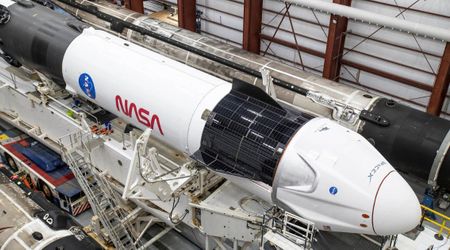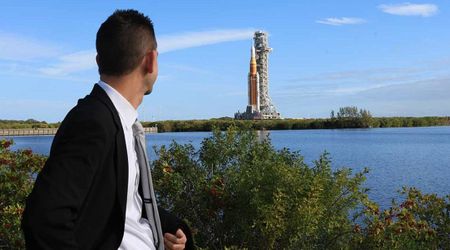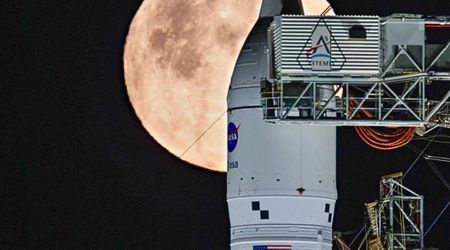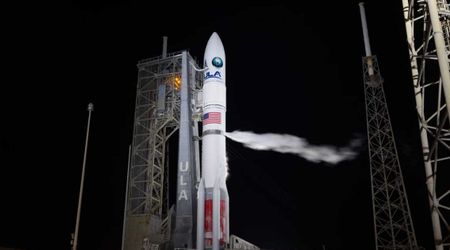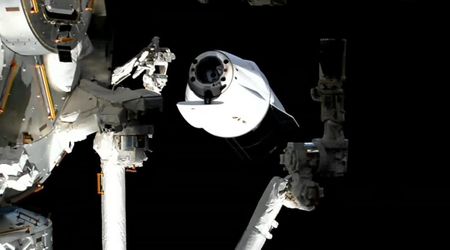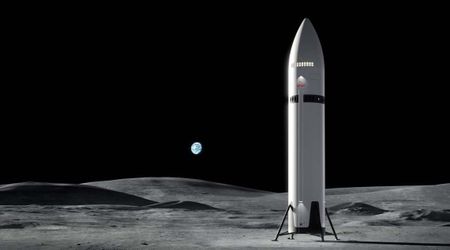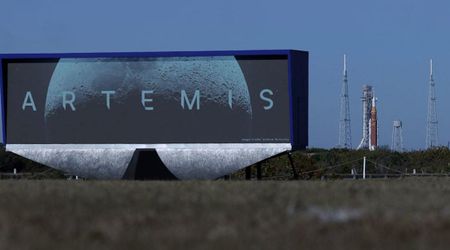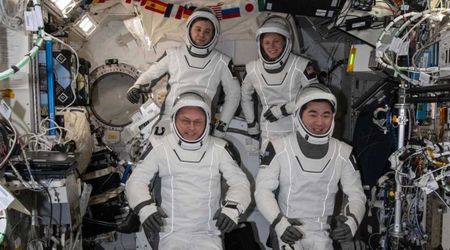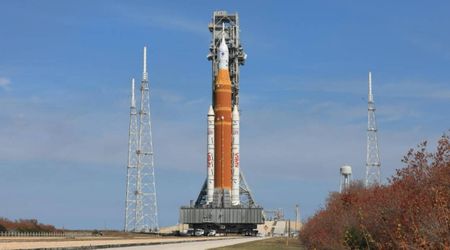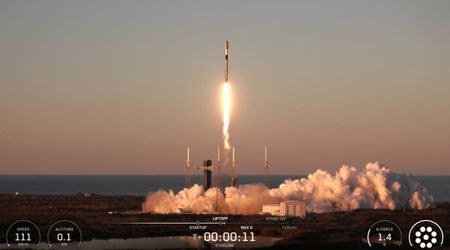Ax-4 crew returns from the ISS with life-saving data on how space effects the human body

After an 18-day mission focused on groundbreaking microgravity research, the private Axiom Mission (Ax-4) crew has returned to Earth. The four-person crew splashed down in the Pacific Ocean at 5:32 a.m. EDT (0932 GMT; 2:32 a.m. PDT) aboard the SpaceX Dragon spacecraft, conducting a successful journey that yielded critical data on the effects of space on the human body, per NASA.

The "Grace" capsule undocked from the International Space Station (ISS) on July 14, beginning a 22-hour descent. The crew was led by veteran astronaut Peggy Whitson, who now holds the record for most days in space by a USS astronaut, with 695 days across five missions. She was joined by Pilot Shubhanshu Shukla and Mission Specialists Uznański-Wiśniewski and Tibor Kapu. During their 18 days on the orbital outpost, the Ax-4 crew connected with a diverse audience of government officials, students, researchers, and aspiring astronauts. They used these opportunities to share mission goals and inspire future generations about the importance of international cooperation in space.
.#Ax4 Commander @AstroPeggy arrives back on Earth, and now with 695 days, she extends her record once again for the most cumulative time in space by an American astronaut. pic.twitter.com/P1774ifcc5
— Axiom Space (@Axiom_Space) July 15, 2025
The crew's return came as the Expedition 73 crew aboard the ISS continued their human research activities. NASA Flight Engineers Jonny Kim and Anne McClain performed heart scans in the Columbus laboratory module to study how blood flow is impacted by weightlessness. McClain then teamed up with fellow NASA Flight Engineer Nichole Ayers to investigate how the nervous system adapts to microgravity, using virtual reality goggles to track an astronaut's sense of balance. These experiments are part of the larger CIPHER suite of human research studies, as mentioned on NASA.
How do we clean in space? Similar to how we clean on Earth, but weightlessness has some extra challenges. pic.twitter.com/MOLXm3P7k6
— Jonny Kim (@JonnyKimUSA) July 11, 2025
In addition to the medical research, ISS crew members were busy with station maintenance and logistics. Kim assisted JAXA Commander Takuya Onishi in the Tranquility module, where they worked on electrical and life support systems, including the installation of a new catalytic reactor. Meanwhile, Roscosmos cosmonauts Alexey Zubritskiy and Kirill Peskov continued to unload supplies from the Progress 92 resupply ship, which arrived on July 5, delivering three tons of food, fuel, and other provisions. Veteran cosmonaut Sergey Ryzhikov spent his day working on electronics and space physics equipment.
昨日はAx-4クルーのアンドッキングに向けた準備を一部実施しました。
— 大西卓哉 (JAXA宇宙飛行士)Takuya Onishi (@Astro_Onishi) July 14, 2025
小型の冷凍庫x2をきぼう内から取り外して、クルードラゴンに移設しました。様々な実験のサンプルは、こうして状態を保存したまま地上に持ち帰ることが可能です。
今朝は11時のアンドッキングに向けて、いつもより2時間早く起床です pic.twitter.com/OiFrXJPObb
Meanwhile, the ISS is preparing for the arrival of its next crew. The docked Progress 91 cargo craft was scheduled to fire its engines on July 16 for several minutes, boosting the station's orbit to the correct altitude for the SpaceX Crew-11 mission. Targeted to launch no earlier than 12:09 p.m. EDT on July 31, the Crew-11 mission will carry NASA astronaut Zena Cradman as commander, along with Pilot Mike Fincke of NASA and Mission Specialists Kimiya Yui of JAXA and Oleg Platonov of Roscosmos. They are scheduled to dock with the station's Harmony module on August 2.
.@NASA and @SpaceX are targeting no earlier than July 31 at 12:09 p.m. EDT for the launch of the Crew-11 mission to the International Space Station, pending mission readiness. pic.twitter.com/pxkdqLXK8f
— International Space Station (@Space_Station) July 10, 2025
The upcoming Crew-11 team will conduct a series of scientific investigations and technology demonstrations that are crucial for advancing future lunar missions and creating benefits for Earth. NASA has officially reassigned Zena Cardman and Mike Fincke to the mission, a move made to support a smooth transition of planned ISS activities. Cardman's prior experience as a dragon spacecraft commander and Fincke's extensive flight history are expected to be invaluable assets to the crew.
